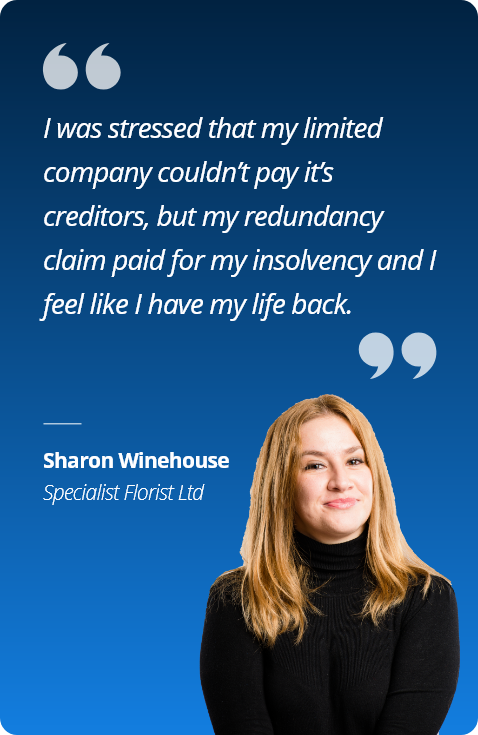What is a County Court Judgment (CCJ)?
Posted on: Monday 3rd February, 2020

A county court judgment (CCJ) is an order made by the county court against a business or individual that owes an unpaid debt. A creditor who has unsuccessfully attempted to recover their money, typically after several attempts, applies to the court for a CCJ in an effort to enforce the debt.
CCJs are commonly used for unsecured debts such as credit cards and unsecured business loans, but if a business has fallen behind with a commercial mortgage or rent payments, the creditor may also decide to take action through the county court to recover the arrears.
Enforcing a CCJ against a business
If you don’t pay a CCJ the creditor may decide to instruct bailiffs to act, which could result in seizure of your business assets for sale at auction. The funds generated from the sale would then be used to repay your debts as far as possible.
Unpaid county court judgments can also be used as evidence of insolvency, and are sometimes a precursor to further creditor action. As far as a business is concerned, this could mean a winding up order and enforced liquidation.
What effect does a county court judgment have on a business?
A county court judgment damages a company’s credit rating, making it difficult to obtain borrowing in the future. Lenders see the CCJ on the business’ credit file and are unlikely to sanction borrowing due to the increased risk of default.
In a similar way, suppliers are also likely to limit the credit they offer, meaning a business can struggle to grow or even to trade effectively day-to-day. Ultimately, a CCJ can have far-reaching negative effects on a business.

Is there any way to stop a CCJ?
- There are ways to stop a CCJ but you need to act quickly. Initially you should check that the details on the court papers are correct and then return them to the court within 14 days, although you may be able to apply for a further 14-day extension.
- You can dispute part or all of the debt but you must have a valid reason for doing so, otherwise you could face accusations of abusing court process.
- If you feel the business is in a position to repay the money in instalments, hiring a licensed insolvency practitioner to negotiate on your behalf is an option.
- Securing alternative funding such as invoice finance might be a possibility, or perhaps entering a formal insolvency process such as company administration, as this halts any creditor legal action.
Formal insolvency processes
Other insolvency procedures may also be worth considering if you believe a creditor might try to wind up the business. Creditors’ Voluntary Liquidation (CVL) would be a better option than compulsory liquidation, however, as you may be eligible for director redundancy.
Our team at CFS Redundancy Payments can advise on your best options if you’re facing a county court judgment, and also let you know about director redundancy. Please contact one of our experts to arrange a free same-day consultation. CFS are Authorised and Regulated by the Financial Conduct Authority. Authorisation No 830857. You can check our registration here.






